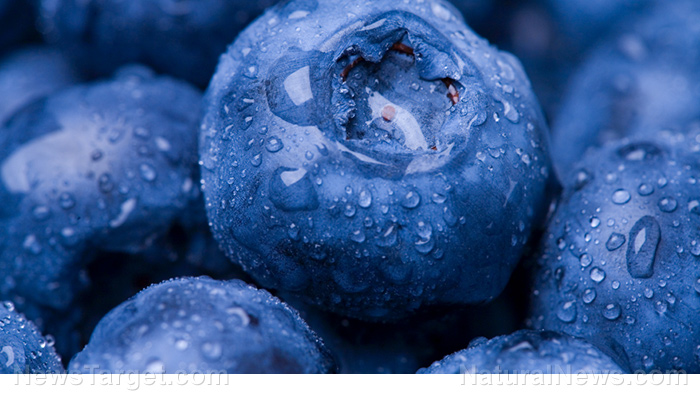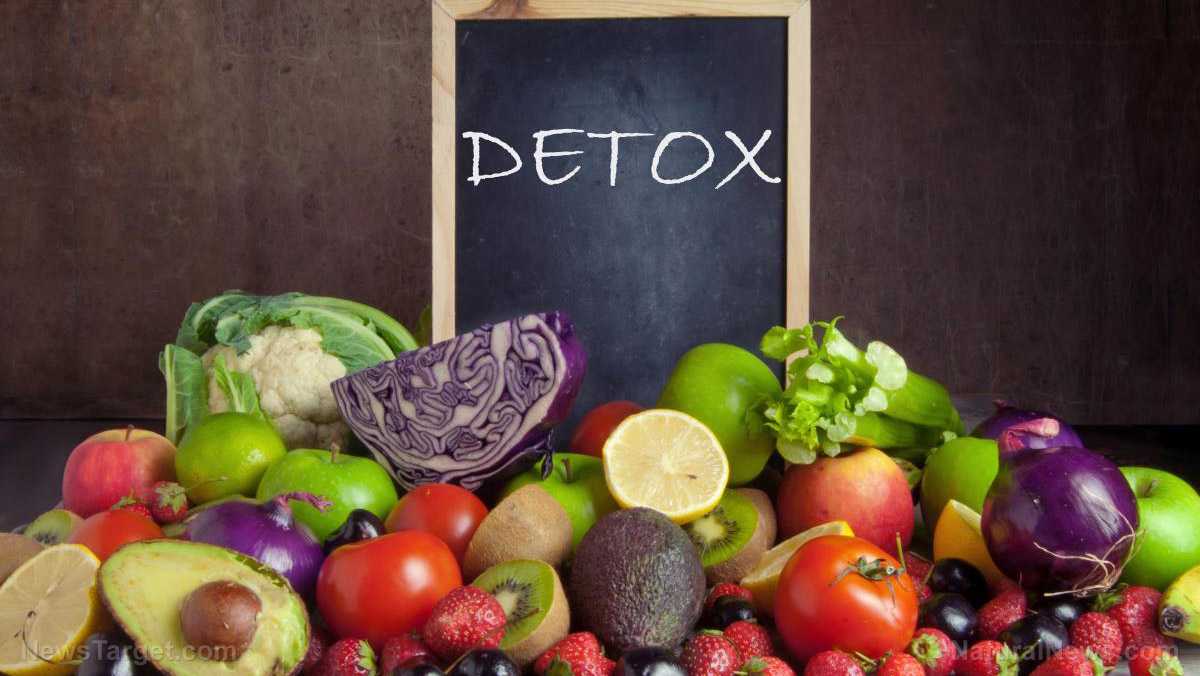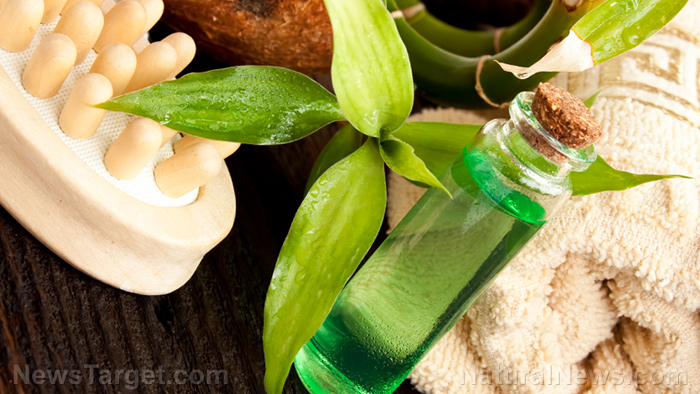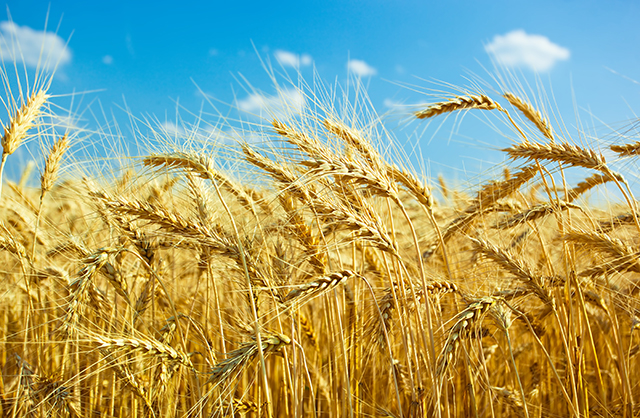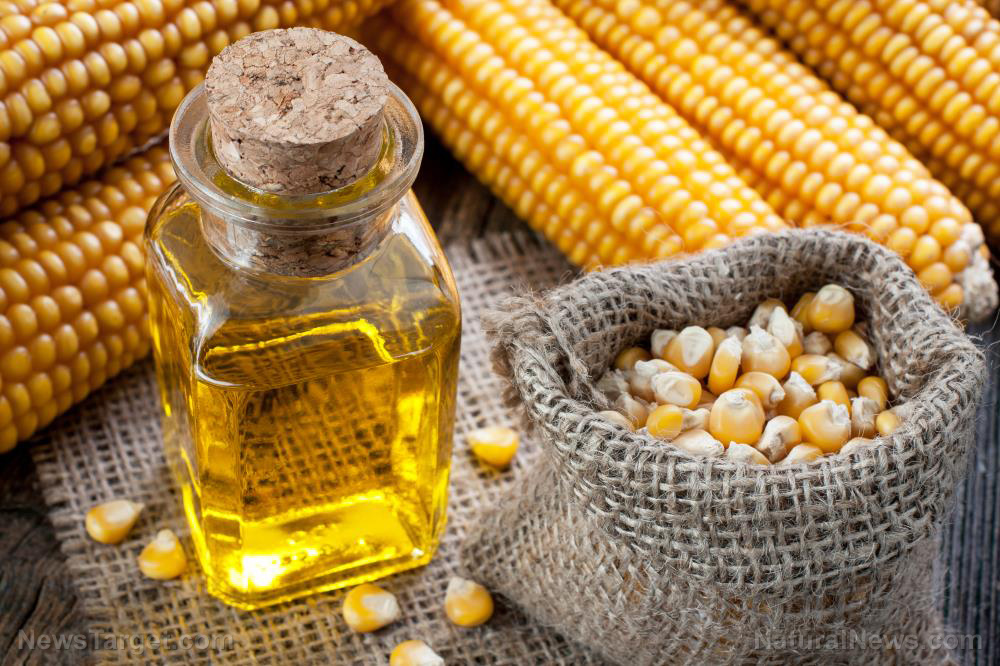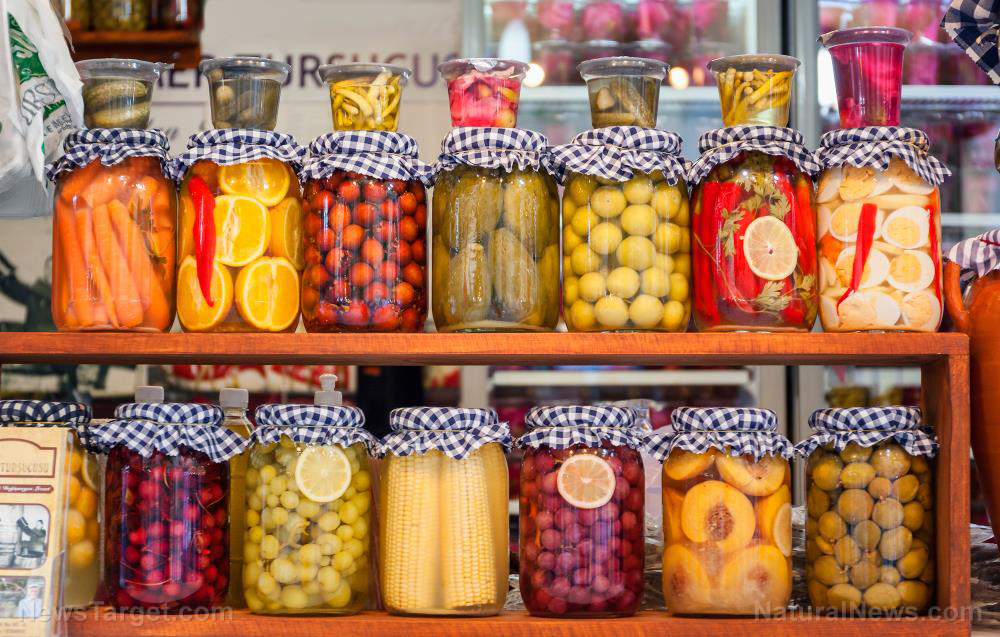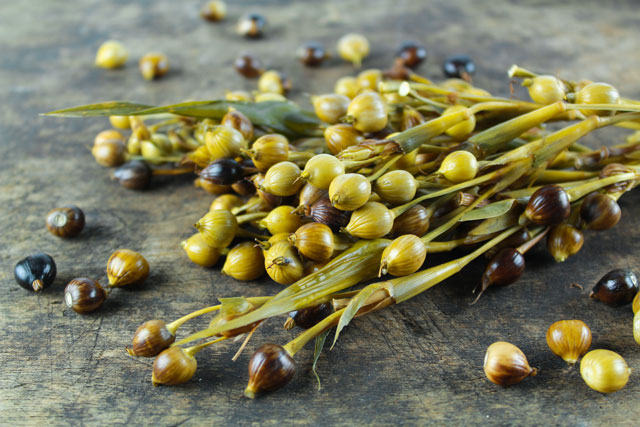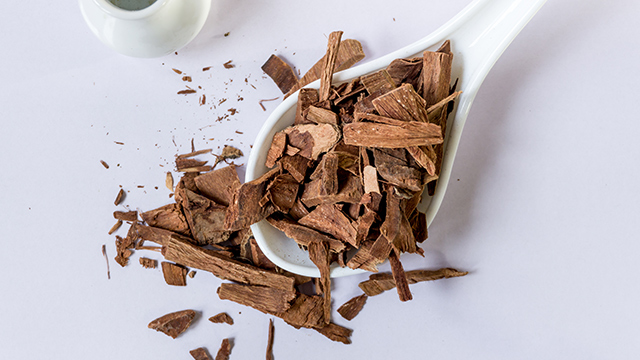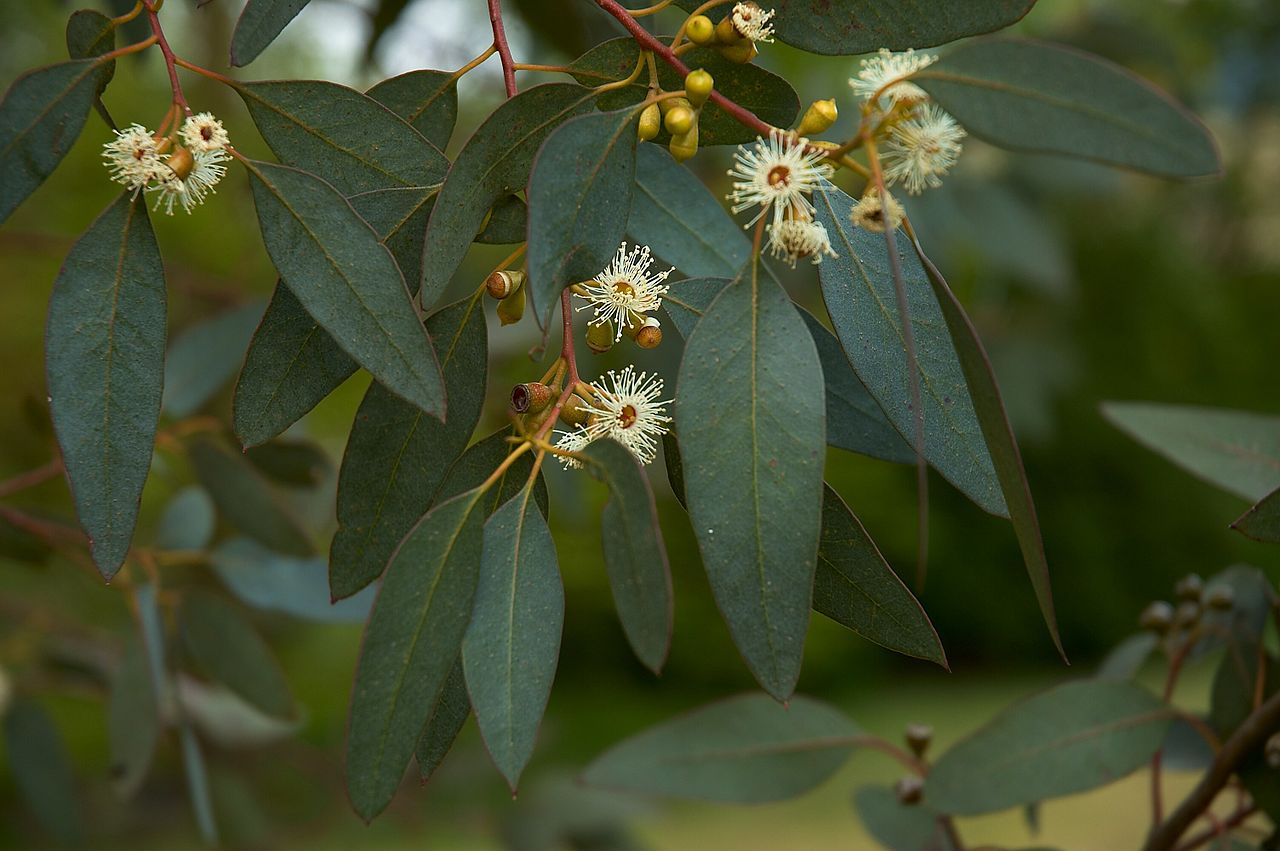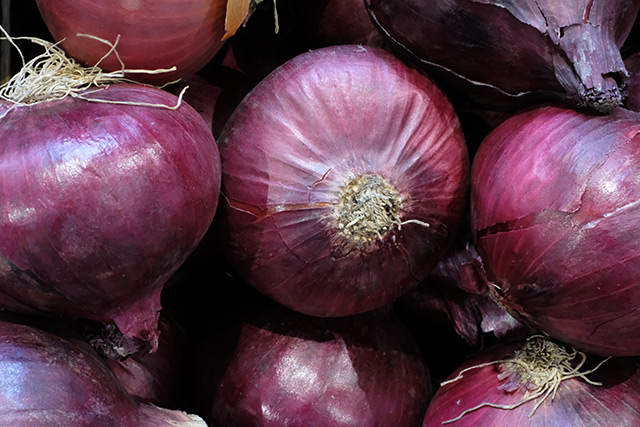Here’s why you should eat alfalfa microgreens, the “King of all Foods”
10/31/2018 / By Zoey Sky
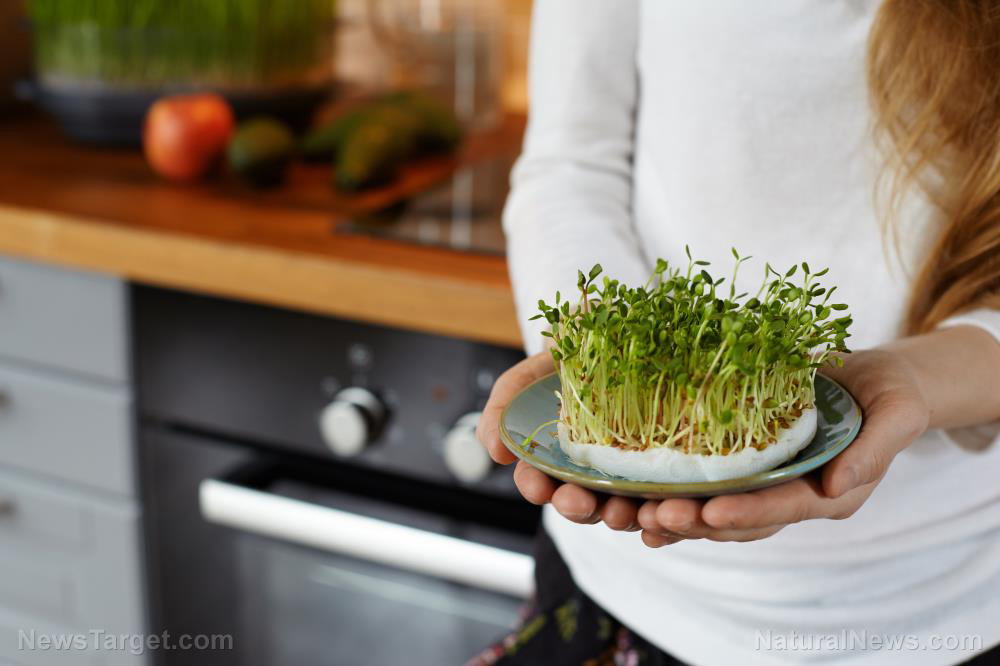
Small and unassuming, alfalfa (Medicago sativa) microgreens are chock-full of various vitamins, nutrients, and minerals. The alfalfa plant, which belongs to the legume family, is also considered an herb. While alfalfa is currently grown all over the world, it originally came from Central Asia and South Asia.
People make use of its sprouts, leaves, and seeds. Alfalfa was primarily used as livestock feed, but it has also been used medicinally.
In this video, ThymeMagazineOnline gives a run-down of the health benefits that alfalfa microgreens offer.
View the full BrightEon.com video here:
The health benefits of the “King of all Foods”
Fittingly called the “King of all Foods,” alfalfa contains numerous vitamins, minerals, and nutrients, such as:
- Biotin
- B-vitamins
- Chlorophyll
- Copper
- Folate
- Folic acid
- Iron
- Magnesium
- Manganese
- Niacin
- Phosphorus
- Potassium
- Riboflavin
- Thiamine
- Vitamin A
- Vitamin C
- Vitamin D
- Vitamin E
- Vitamin K
One cup (33 g) of alfalfa sprouts contains fiber, which has a gram of protein and a gram of carbs. The plant is also rich in bioactive compounds like alkaloids, coumarins, flavonoids, phytosterols, phytoestrogens, and saponins.
Compared with other plants, alfalfa contains more amino acids and protein. With all these nutritious properties, it’s no surprise that the use of alfalfa go back as far as 1300 B.C. (Related: Alfalfa as human food: A rich source of nutrients, it is consumed as a tea, herb, supplement and now as flour.)
In Traditional Chinese Medicine, alfalfa leaves are used to relieve ulcers and to stimulate the appetite. Indian Ayurvedic Medicine has used alfalfa to relieve arthritis, ulcers, and water retention. Colonial Americans used alfalfa to fight menstrual problems, scurvy, and urinary problems.
The power of the elements: Discover Colloidal Silver Mouthwash with quality, natural ingredients like Sangre de Drago sap, black walnut hulls, menthol crystals and more. Zero artificial sweeteners, colors or alcohol. Learn more at the Health Ranger Store and help support this news site.
In modern times, alfalfa continues to be beneficial. Here are some of the most common benefits that you can enjoy from alfalfa:
- It acts as a diuretic.
- It treats arthritis, diabetes, and dyspepsia.
- It cleanses the blood and detoxes the urinary tract.
- It eases general digestive problems.
- It protects against asthma.
- It functions as an antioxidant.
- It has a strong alkaline effect on the body.
- It gets rid of kidney stones.
- It aids in hydration and digestion.
- It improves the immune system and metabolic health.
- It improves complexion and treats hair loss and balding.
- It increases breast milk production.
- It lowers bad cholesterol levels.
- It promotes regular bowel movement.
- It purifies the liver.
- It reduces the incidence of atherosclerotic plaque.
- It regulates blood sugar levels.
- It relieves menopausal symptoms.
- It supports the pituitary gland.
Incorporating alfalfa into your diet
Alfalfa, which is loaded with nutrients in such a tiny and delicious package, can be incorporated into your diet through various ways. You can take alfalfa supplements, which can be in powdered form, or you can take it as a tablet or drink it as a tea.
Since only a handful of human studies have focused on alfalfa extract, seeds, or leaves, there’s no exact recommendation for a safe or effective dose. Always buy herbal supplements from a reputable manufacturer.
Add more alfalfa to your diet by adding it in salads or sandwiches. You can buy alfalfa microgreens from health food stores or sprout them at home.
To sprout alfalfa, you will need:
- 2 tablespoons of alfalfa seeds
- A bowl, jar, or sprouter
- Cool water
Steps:
- Add two tablespoons of alfalfa seeds to a bowl, jar, or sprouter. Cover the seeds with at least twice or three times the amount of cool water. Let the seeds soak overnight or for at least eight to 12 hours.
- Drain and rinse the sprouts thoroughly with cool water. Drain the sprouts again, then remove as much water as possible.
- Store the sprouts away from direct sunlight and at room temperature for three days. Rinse and drain the sprouts properly every eight to 12 hours.
- On day four, move the sprouts to an area with indirect sunlight to allow for photosynthesis. Keep rinsing and drying the sprouts every eight to 12 hours.
- The sprouts will be ready to eat by day five or six. There’s a high risk of bacterial contamination, so make sure the sprouts are grown and stored in safe conditions.
See the full video on alfalfa microgreens to learn more, which you can view at this link.
Browse more articles about alfalfa and other nutritious vegetables at RawFoods.news.
Sources include:
Tagged Under: alfalfa, alfalfa microgreens, Brighteon, food as medicine, food cures, Fresh, grocery, herbal medicine, microgreens, natural cures, organics, phytonutrients, Veggies

